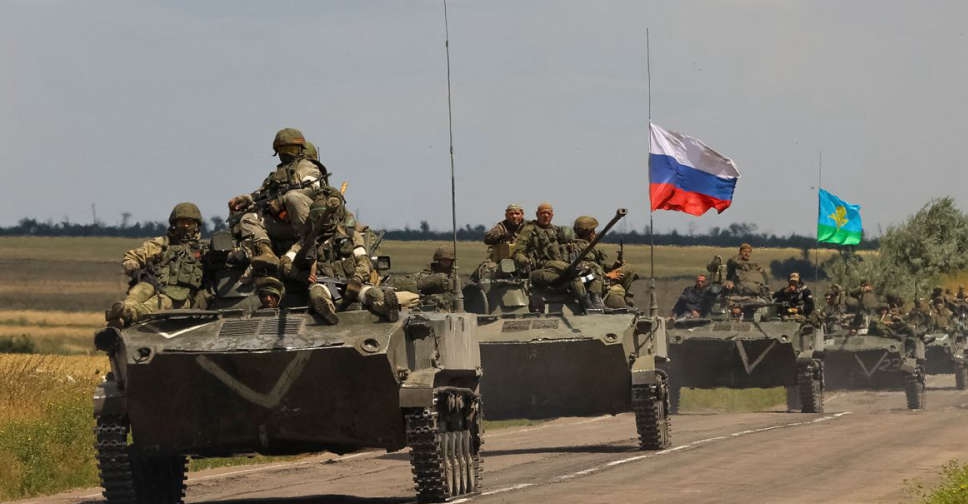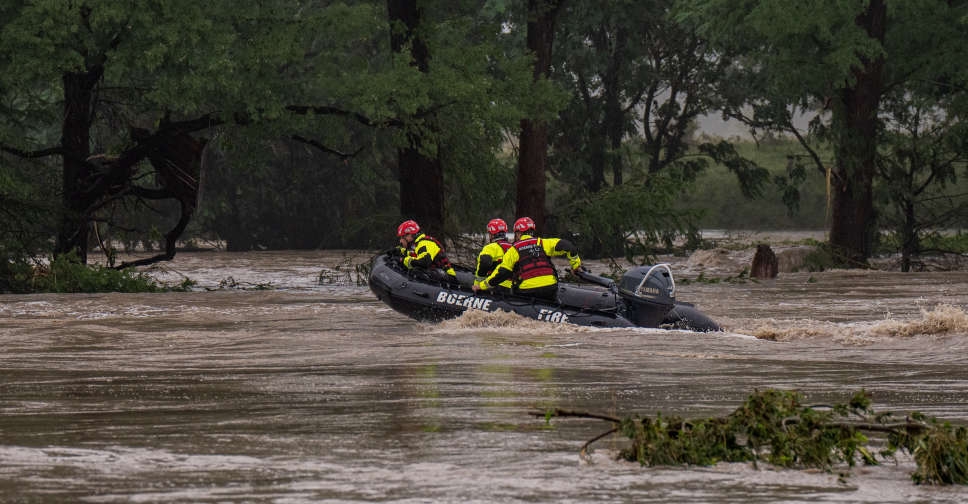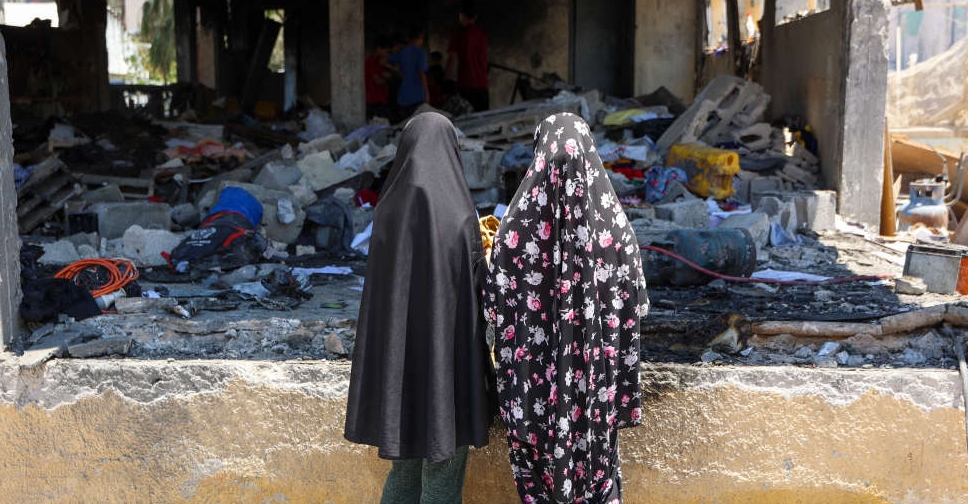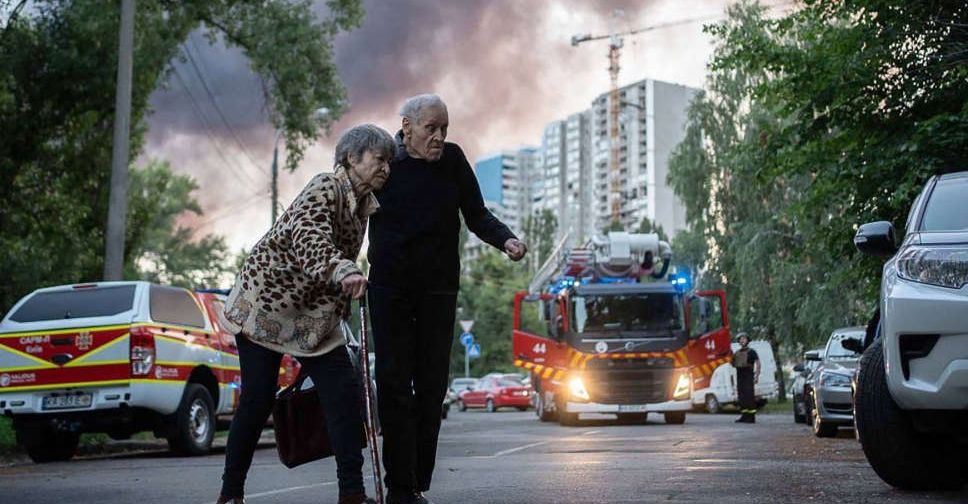
Ukraine pressed ahead on Sunday with efforts to restart grain exports from its Black Sea ports under a deal aimed at easing global food shortages but warned deliveries would suffer if a Russian missile strike on Odesa was a sign of more to come.
President Volodymyr Zelenskiy denounced Saturday's attack as "barbarism" that showed Moscow could not be trusted to implement a deal struck just one day earlier with Turkish and United Nations mediation.
The Ukrainian military, quoted by public broadcaster Suspilne, said the Russian missiles did not hit the port's grain storage area or cause significant damage. Kyiv said preparations to resume grain shipments were ongoing.
"We continue technical preparations for the launch of exports of agricultural products from our ports," Infrastructure Minister Oleksandr Kubrakov said in a Facebook post.
According to the Ukrainian military, two Kalibr missiles fired from Russian warships hit the area of a pumping station at the port and two others were shot down by air defence forces.
Russia said on Sunday its forces had hit a Ukrainian warship and a weapons store in Odesa with its high-precision missiles.
The deal signed by Moscow and Kyiv on Friday was hailed as a diplomatic breakthrough that would help curb soaring global food prices by restoring Ukrainian grain shipments to pre-war levels of 5 million tonnes a month.
But Zelenskiy's economic advisor warned on Sunday the strike on Odesa signalled that could be out of reach.
"Yesterday's strike indicates that it will definitely not work like that," Oleh Ustenko told Ukrainian television.
He said Ukraine could export 60 million tonnes of grain over the next nine months, but it would take up to 24 months if its ports' operations were disrupted. Read full story
SAFE PASSAGE
The strikes on Odesa drew condemnation from the United Nations, the European Union, the United States, Britain, Germany and Italy.
Russian news agencies quoted Russia's defence ministry as saying an Ukrainian warship and U.S. supplied anti-ship missiles were destroyed.
Friday's deal aims to allow safe passage in and out of Ukrainian ports, blocked by Russia's Black Sea fleet since Moscow's February 24 invasion, in what one UN official called a "de facto ceasefire" for the ships and facilities covered.
Ukraine and Russia are major global wheat exporters and the blockade has trapped tens of millions of tonnes of grain, worsening global supply chain bottlenecks.
Along with Western sanctions on Russia, it has stoked food and energy price inflation, driving some 47 million people into "acute hunger," according to the World Food Programme.
Moscow denies responsibility for the food crisis, blaming the sanctions for slowing its food and fertiliser exports and Ukraine for mining the approaches to its ports.
Ukraine has mined waters near its ports as part of its war defences but under Friday's deal pilots will guide ships along safe channels.
A Joint Coordination Center staffed by members of the four parties to the agreement will monitor ships passing the Black Sea to Turkey's Bosporus Strait and on to world markets. All sides agreed on Friday there would be no attacks on them.
Putin calls the war a "special military operation" aimed at demilitarising Ukraine and rooting out dangerous nationalists. Kyiv and the West call this a baseless pretext for an aggressive land grab.



 At least 24 dead in Texas flash flooding
At least 24 dead in Texas flash flooding
 Aid foundation says two of its workers injured in Gaza
Aid foundation says two of its workers injured in Gaza
 Hamas says it responds to Gaza ceasefire proposal in 'positive spirit'
Hamas says it responds to Gaza ceasefire proposal in 'positive spirit'
 Russia pounds Kyiv with largest drone attack, hours after Trump-Putin call
Russia pounds Kyiv with largest drone attack, hours after Trump-Putin call



